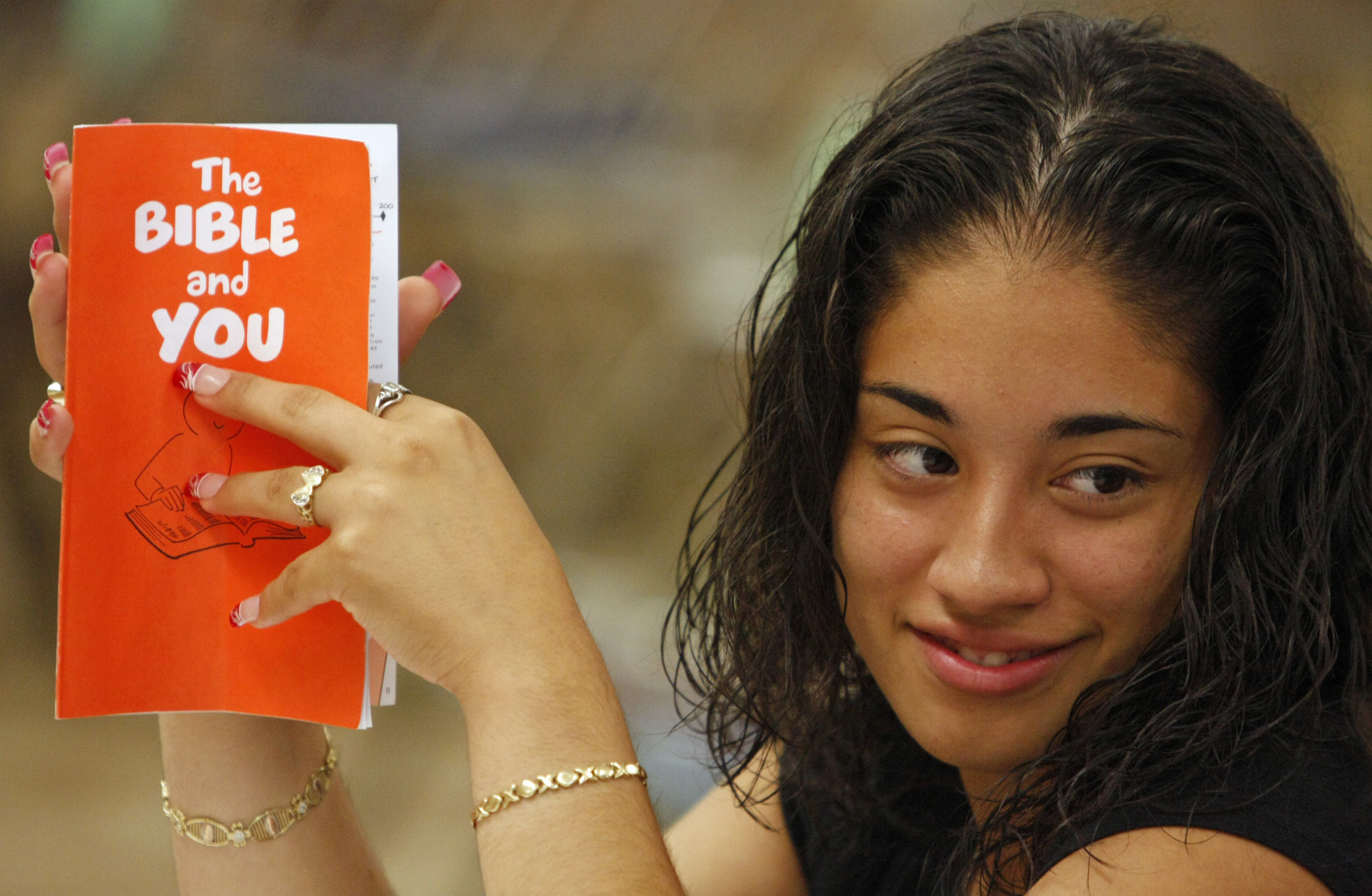

“It’s the predominant version of the Bible that’s used at Trinity.” “That’s the one that the Scriptures are read from and that’s the one usually that the pastor will preach from,” said Floyd, a retired assistant principal, whose church is affiliated with the historically black Progressive National Baptist Convention. A civil rights veteran called the KJV’s thees and thous “romantic,” and a scholar spoke of black churches’ “love affair” with the king’s English. Elizabeth Floyd, shows up for worship at Trinity Baptist Church of Metro Atlanta with her Bible in hand.īut the large, black leather Bible with dog-eared pages and hand-written notes in the margins isn’t just any Bible: It’s the King James Version.Īnd Floyd, like many African-Americans, wouldn’t have it any other way. “This is a noticeable decrease from last year, when 54% of those surveyed believed that”,says ABS.On Sundays, C. When asked “how do you think our country would be without the Bible”, specifically referring to a hypothetical scenario where “nobody read the Bible at all”, the majority of respondents ( 45%) indicated that they thought the U.S. Four in ten of the respondents (41%) chose this”. Meanwhile, “when Bible users identified their main motivation, across all generations and ethnicities the same answer came up: It brings me closer to God. A top answer for Gen Z and Millennials was "I don't know where to start”. This complaint was common among all age groups. “ Perhaps the Bible has been neglected or simply taken for granted as people dealt with the challenges of reassembling their lives after a disruptive pandemic”, points out the ABS.Ī quarter of Bible users said one of their greatest frustrations regarding reading Scripture was that they " never seem to have enough time to read the Bible”. Scripture Engagement is defined as “consistent interaction with the Bible that shapes a person’s choices and transforms their relationships with God, self, and others”. Only 49 million Americans fit the American Bible Society criteria of Scripture engaged in 2022, down from 64 million in 2021 and 71 million in 2020. The reports underlines that scripture engagement is down 21% from 2021. One-third of non-Bible users said they were “very” or “extremely” curious. Despite the Bible reading decrease, nearly two-thirds of people who seldom or never read the Bible indicated some curiosity. The survey also asks people if they were “curious about the Bible and/or Jesus”. Now is a critical time to point our neighbors to the good news of hope found in God’s Word”, said John Farquhar Plake, PhD and Director of Ministry Intelligence for ABS. “We can’t tell how long this disruption will last, but we know that church leaders and other Bible advocates have a tremendous opportunity to help people in their communities understand and apply Scripture. State of the Bible defines Bible users as “people who read the Bible at least three or four times a year, apart from church services”. “That means nearly 26 million Americans reduced or stopped their interaction with Scripture in the past year”, say the authors of the report.įurthermore, only 10% of Americans report daily Bible reading while before the pandemic, that number was at about 14%. The 2022 data showed a 10% decrease from the same time in 2021. The report stresses that there has been “ an unprecedented drop in the percentage of Bible users in the United States”. Nearly 26 million Americans reduced or stopped Bible interaction Where do we go from here? What is God calling us to do in response to this reality, to advance toward the future point God has in mind”, he added. “ Our purpose is not merely to satisfy curiosity, or to cause either panic or celebration. Briggs, “every year the State of the Bible brings a fresh perspective on the reality God already knows”. adults were surveyed in January online or by phone in all 50 states and the District of Columbia.Īccording to the ABS President and CEO Robert L. regarding faith and the Bible.Ī total of 2,598 US. The American Bible Society ( ABS) has released the first two chapters of the 12th annual State of the Bible report, which highlights cultural trends in the United States.


 0 kommentar(er)
0 kommentar(er)
